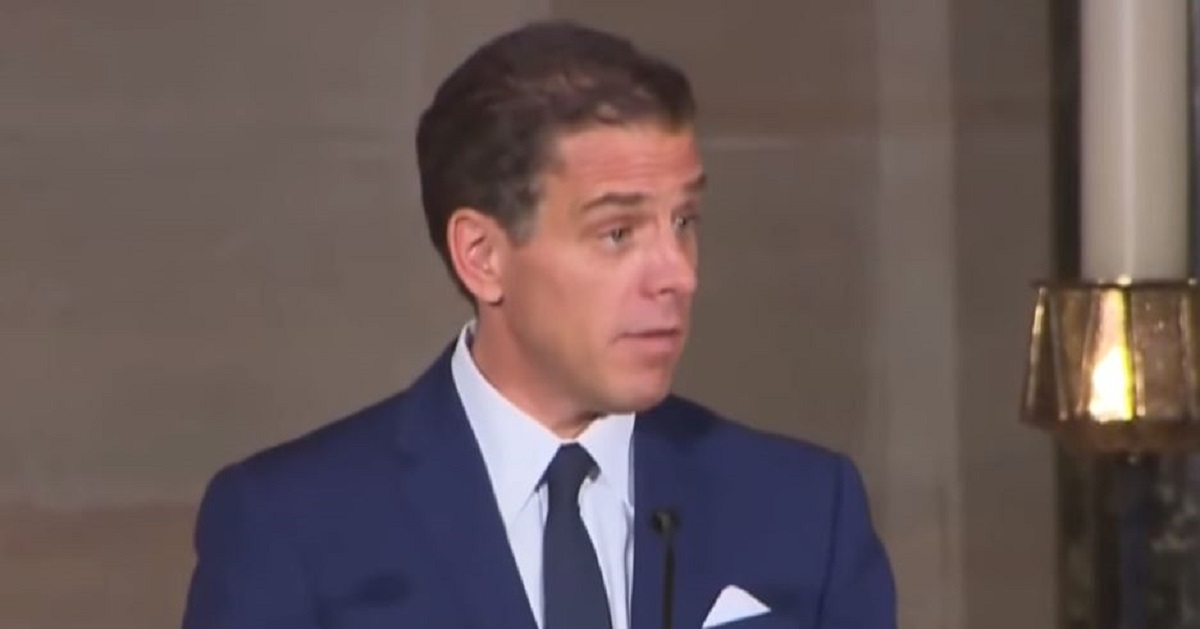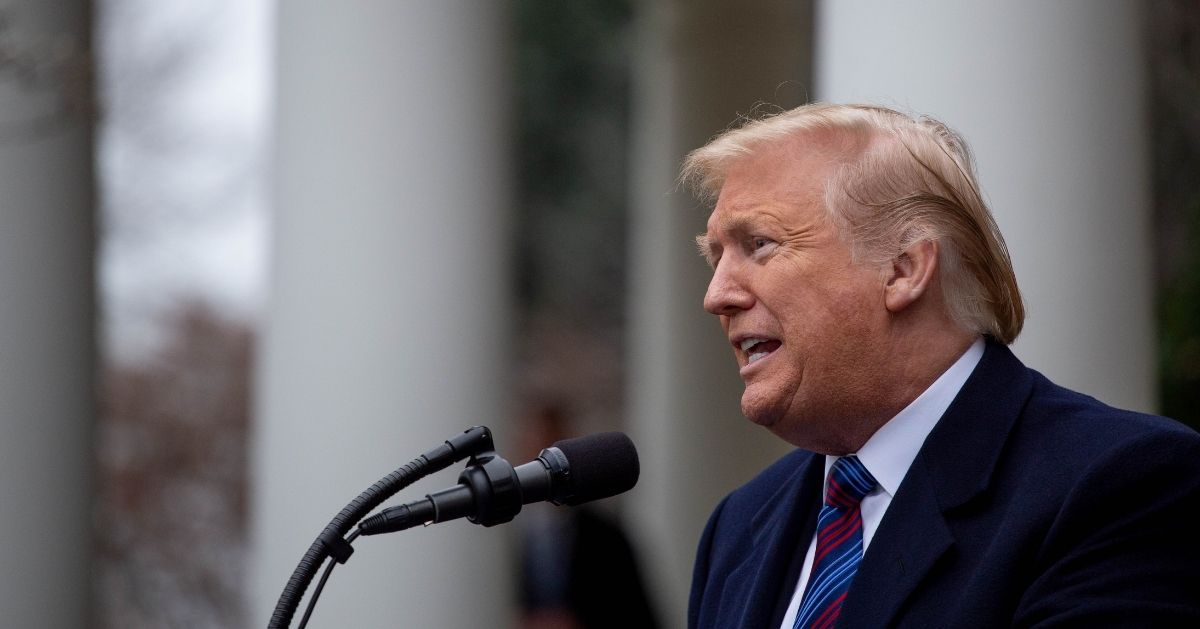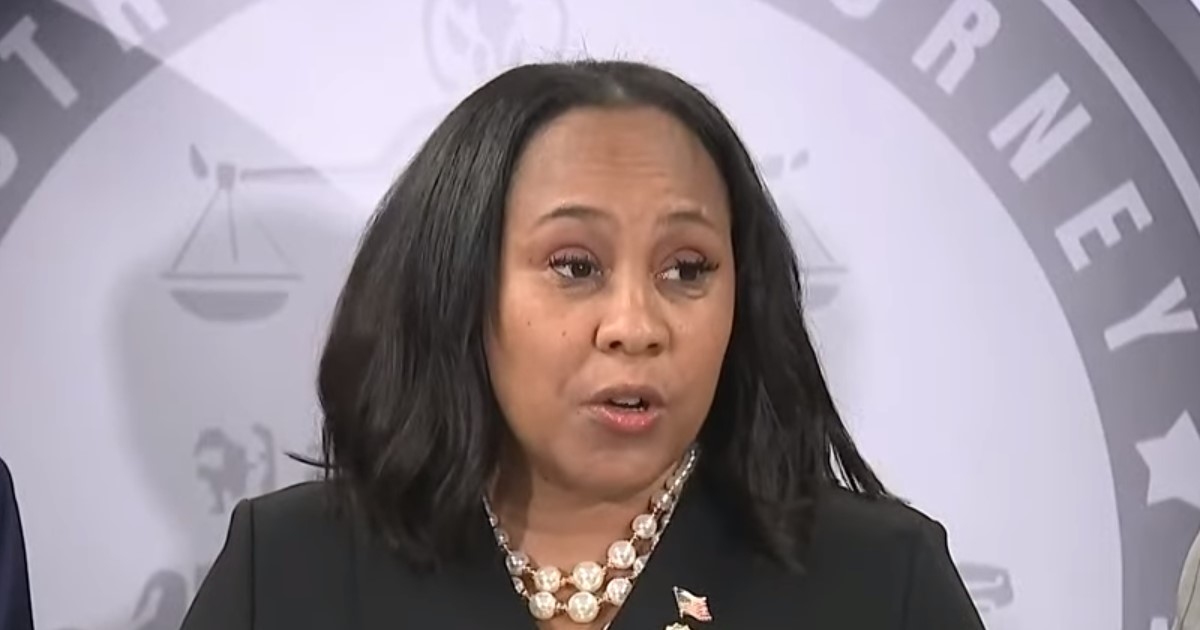Judge Cannon Rejects Trump Team's Dismissal Motion
A federal judge has denied a motion to dismiss several charges in the classified documents case against former President Trump, Fox News reported.
Trump's legal team had sought to dismiss numerous counts related to obstruction and false statements, but U.S. District Judge Aileen Cannon ruled against it, allowing the case to proceed.
The judge presiding over the case, U.S. District Judge Aileen Cannon, delivered the ruling on Monday. Trump's legal team had aimed to eliminate more than a half dozen of the 41 counts presented in the indictment.
The indictment accuses former President Trump of illegally retaining classified documents from his presidency. It also alleges that Trump conspired with others to hide sensitive files from federal authorities.
Legal Team Challenges Counts of Obstruction
Trump’s defense specifically contested counts related to obstruction and false statements. However, Judge Cannon denied the motion to dismiss these charges.
In her statement, Judge Cannon mentioned that even if there are identified deficiencies, they are either permitted by law or raise evidentiary challenges, which are not suitable for resolution at this stage.
She further elaborated that these deficiencies would not require dismissal, provided the jury is properly instructed and supplied with suitable verdict forms. Despite this decision, the judge agreed to strike down a paragraph from the indictment that the defense argued was prejudicial and unnecessary.
More Legal Motions Rejected
Cannon's denial of this motion is part of a series of rejections to attempts by Trump’s legal team to dismiss various aspects of the case. For instance, they had previously cited the Presidential Records Act in another motion, which Judge Cannon also rejected.
These pretrial motions have created delays in the case's progression. Despite the setbacks for Trump's legal team, the denial of the motion to dismiss keeps the case moving forward.
Case to Proceed with Additional Arguments
Judge Cannon's ruling stated that identifiable issues, though confusing to some extent, are legally permissible. She emphasized that these challenges are not appropriate for disposition at this juncture and do not necessarily call for dismissal if technically deficient.
“The identified deficiencies, even if generating some arguable confusion, are either permitted by law, raise evidentiary challenges not appropriate for disposition at this juncture, and/or do not require dismissal even if technically deficient,” Judge Cannon stated.
She concluded that so long as the jury is instructed appropriately and presented with adequate verdict forms regarding each defendant's conduct, the case should proceed.
Pretrial Motions Impacting Case Pace
Defense lawyers had pushed for the exclusion of certain counts, but this marks one of many pretrial disputes affecting the case timeline. With Judge Cannon’s latest order, the upcoming legal proceedings will continue as initially structured.
Trump and his legal team face significant challenges as these counts remain in the indictment. The classified documents case continues to garner public and media attention due to its implications and the involvement of a former President.






